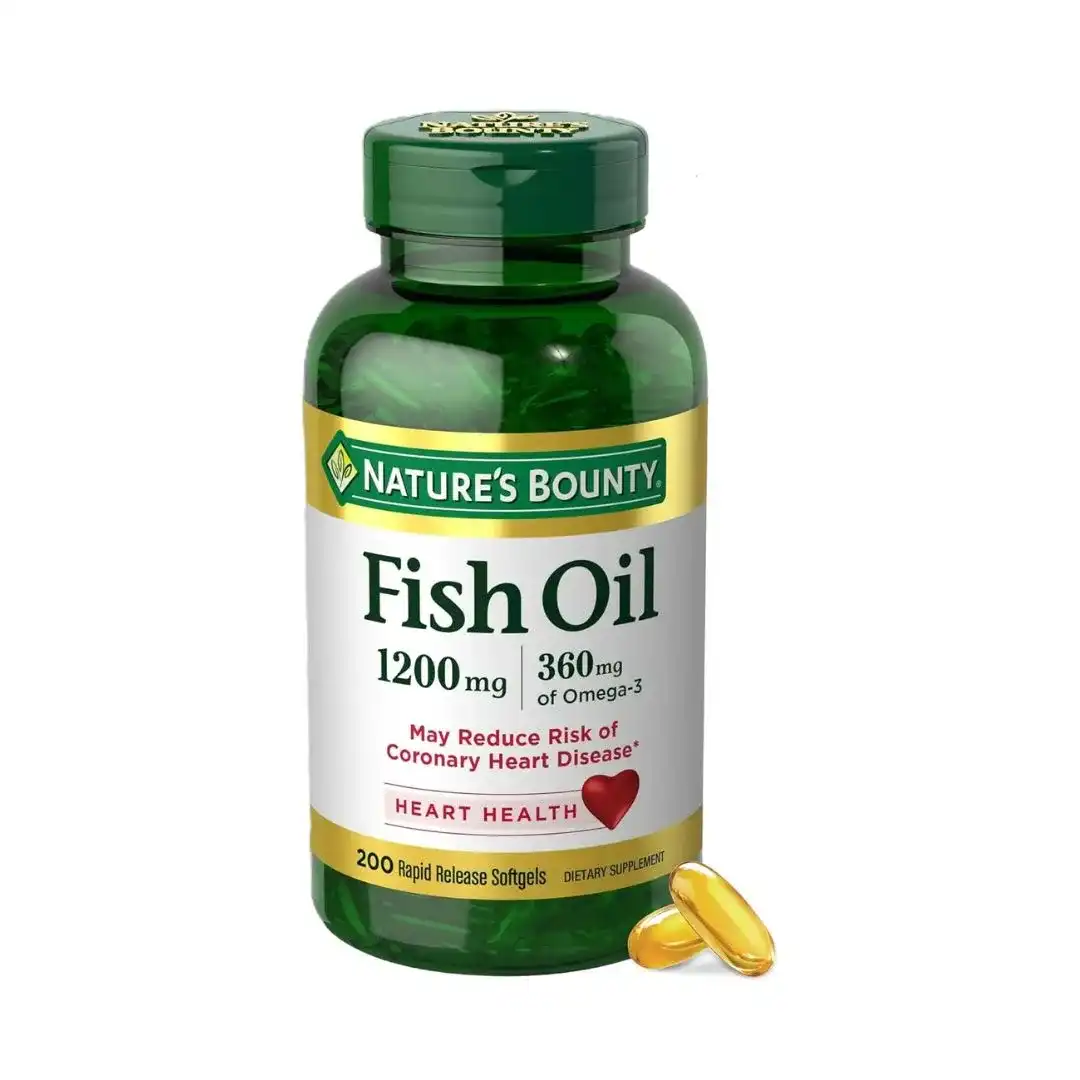
Have you ever felt tired after a heavy meal or wondered if your food choices are affecting your long-term health? I’ve been there too. When I first tried shifting toward a plant-based diet, it felt overwhelming at the start—cutting back on meat, finding alternatives, and rethinking my pantry staples. But as weeks passed, I noticed a real difference. My energy levels improved, I felt lighter, and even my grocery bills were more manageable.
That’s the beauty of plant-based diets. They’re not about strict rules or labels. Instead, they focus on eating more whole foods from plants—vegetables, fruits, grains, legumes, nuts, and seeds—while reducing or eliminating animal products. Whether your goal is better health, weight management, or making more sustainable choices, a plant-based lifestyle offers plenty of benefits. Let’s break down the four biggest ones and see how you can get started today.
What is a Plant-Based Diet?
A plant-based diet emphasizes foods that come primarily from plants. That doesn’t mean you can’t enjoy meat occasionally—it simply means plants are the star of your plate.
Key Foods in a Plant-Based Diet
- Vegetables like spinach, kale, and broccoli
- Fruits such as berries, apples, and bananas
- Legumes like beans, lentils, and chickpeas
- Whole grains such as oats, brown rice, and quinoa
- Nuts and seeds like almonds, chia, and flaxseeds
- Dairy alternatives such as almond milk and soy yogurt
Plant-Based vs Vegan vs Vegetarian
Here’s a quick comparison:
| Diet Type | What It Includes | What It Excludes |
|---|---|---|
| Plant-Based | Mostly plants, may include some animal products | Focus on reducing animal foods |
| Vegan | 100% plant foods | All animal products |
| Vegetarian | Plants + dairy and/or eggs | Meat, poultry, seafood |
4 Benefits of Plant-Based Diets
1. Better Heart Health
Studies from the American Heart Association show that eating more plants can reduce cholesterol, lower blood pressure, and improve overall heart function. Fiber-rich foods like oats and legumes help keep your arteries clear.
2. Weight Management
Plant-based diets are naturally lower in calories and higher in fiber, making you feel full longer. This helps reduce overeating without counting calories. For example, a bowl of lentil soup has fewer calories than a burger but keeps you satisfied for hours.
3. Preventing Chronic Diseases
Research links plant-based eating to a lower risk of type 2 diabetes, certain cancers, and high blood pressure. Whole foods rich in antioxidants help protect cells from damage.
4. Sustainability and the Environment
Plant-based diets use fewer resources and create less greenhouse gas emissions compared to meat-heavy diets. Choosing more plants isn’t just good for your body—it’s a step toward protecting the planet.

Common Myths About Plant-Based Diets
Switching to a plant-based diet often raises eyebrows. Friends, family, and even social media might tell you it’s not sustainable, too restrictive, or downright unhealthy. The truth is, most of these ideas are based on myths rather than facts. Let’s break down the most common misconceptions and uncover the reality.
1: You Won’t Get Enough Protein
One of the first questions people ask is, “But where do you get your protein?” It’s a valid concern because protein is essential for muscle repair, hormone regulation, and overall health. However, protein is not exclusive to meat.
Plant-based foods such as lentils, chickpeas, black beans, tofu, tempeh, seitan, and quinoa are excellent protein sources. For example, one cup of cooked lentils provides about 18 grams of protein—roughly the same as three eggs. Athletes and bodybuilders are increasingly adopting plant-based diets, proving that muscle growth and strength are very possible without animal products. Here’s a quick protein comparison:
| Food | Protein (per 100g) |
|---|---|
| Chicken breast | 27g |
| Lentils (cooked) | 9g |
| Tofu | 8g |
The takeaway: meeting your daily protein needs on a plant-based diet is absolutely achievable with variety and planning.
2: Plant-Based Diets Are Too Expensive
Another common belief is that eating plant-based requires pricey specialty products. While it’s true that vegan cheese or meat alternatives can be costly, they aren’t necessary for a balanced plant-based lifestyle.
Budget-friendly staples like rice, beans, potatoes, oats, frozen vegetables, and seasonal fruits form the foundation of affordable plant-based eating. In fact, studies have shown that plant-based diets can be up to 30% cheaper than meat-heavy diets because legumes and grains cost less per serving than animal protein.
Practical tip: shop in bulk, buy frozen produce, and plan meals around seasonal items to save even more.
3: It’s Too Complicated and Time-Consuming
Many assume plant-based diets mean spending hours in the kitchen cooking elaborate meals. The reality is, it can be as simple or as complex as you make it.
Quick and easy meals—like a chickpea salad, stir-fried vegetables with tofu, or a hearty lentil soup—can be made in under 30 minutes. Plus, meal-prepping on weekends can make weekday eating stress-free. With the rising availability of plant-based options at restaurants and grocery stores, eating out or grabbing something quick is no longer a challenge.
4: You’ll Miss Out on Essential Nutrients
Critics often argue that plant-based diets lack important nutrients like calcium, iron, or vitamin B12. While it’s true that B12 must be supplemented (since it’s mainly found in animal products), most nutrients are readily available from plants or fortified foods.
- Calcium: Found in leafy greens, fortified plant milks, and tofu
- Iron: Abundant in beans, lentils, and spinach (and absorbed better with vitamin C-rich foods like citrus)
- Omega-3 fatty acids: Found in chia seeds, flaxseeds, walnuts, and algae oil supplements
With mindful planning and occasional supplementation, nutrient deficiencies are easy to avoid.
5: Plant-Based Diets Are Just Another Fad
Some people dismiss plant-based eating as a trend that will fade away. However, research tells a different story. According to the Academy of Nutrition and Dietetics, well-planned plant-based diets are healthful and nutritionally adequate for all life stages. Moreover, growing awareness about climate change and sustainability means more people are choosing plant-based foods not only for health but also for environmental reasons.
Plant-based diets aren’t a passing trend—they’re a long-term solution for better living and a healthier planet.
Discover Nature’s Bounty – Your Wellness Starts Here!
Boost your health naturally with Nature’s Bounty supplements – trusted for quality, purity, and results. From vitamins to immune support, find everything you need to feel your best.
How to Start a Plant-Based Diet
Making the switch to a plant-based diet doesn’t have to feel overwhelming. In fact, the most successful transitions happen gradually, with small, consistent changes. Whether your goal is to eat more plants for health, weight loss, or sustainability, these steps will help you build a diet that feels realistic and enjoyable.
1: Transition SlowlyStep 1: Transition Slowly
One of the biggest mistakes beginners make is trying to overhaul their diet overnight. This often leads to frustration and giving up. Instead, start small:
- Replace one meal a day with a plant-based option (for example, oatmeal for breakfast or lentil soup for lunch).
- Try “Meatless Mondays” as a way to experiment with new recipes without pressure.
- Slowly reduce processed foods and focus on whole, natural ingredients.
The gradual approach makes the shift feel sustainable rather than restrictive.
2: Stock Your Pantry with Essentials
Having the right staples on hand makes meal prep quick and stress-free. A plant-based pantry doesn’t have to be expensive or exotic.
Core Pantry Staples:
- Grains: brown rice, oats, quinoa, whole wheat pasta
- Legumes: lentils, black beans, chickpeas, kidney beans
- Nuts & Seeds: almonds, chia seeds, flaxseeds, sunflower seeds
- Plant-Based Milk Alternatives: almond, soy, or oat milk
- Flavor Boosters: olive oil, soy sauce, spices, herbs, nutritional yeast
When your kitchen is stocked with these basics, you’ll always have the foundation for a healthy plant-based meal.
3: Plan Balanced Meals
A balanced plant-based diet should include a mix of carbohydrates, proteins, and healthy fats. The key is variety—different foods provide different nutrients.
Example Balanced Plate:
- ½ Plate: Vegetables and fruits (broccoli, spinach, peppers, berries)
- ¼ Plate: Protein-rich foods (lentils, tofu, tempeh, beans)
- ¼ Plate: Whole grains (brown rice, quinoa, oats)
- Healthy Fat Add-ons: Avocado, nuts, or olive oil
Sample 1-Day Plant-Based Meal Plan
| Meal | Example | Key Nutrients |
|---|---|---|
| Breakfast | Overnight oats with almond milk, chia seeds, and berries | Fiber, protein, omega-3 |
| Lunch | Quinoa salad with chickpeas, avocado, and mixed greens | Protein, iron, healthy fats |
| Snack | Apple slices with peanut butter | Carbs, protein, healthy fats |
| Dinner | Lentil curry with brown rice and steamed broccoli | Protein, fiber, antioxidants |
This kind of planning ensures you’re not only full but also nourished.
4: Learn to Cook Plant-Based
Cooking at home is the fastest way to get comfortable with plant-based eating. It doesn’t mean you need to become a chef—simple, quick meals are often the most satisfying.
Quick Plant-Based Meal Ideas:
- 15-Minute Stir-Fry: Vegetables, tofu, and soy sauce over brown rice
- Hearty Chili: Beans, tomatoes, corn, and spices in one pot
- Smoothies: Banana, spinach, almond milk, and protein powder
- Roasted Veggies & Quinoa: Toss with olive oil and seasonings
Experimenting with different spices, sauces, and global cuisines (like Indian curries or Mediterranean grain bowls) keeps meals exciting.
5: Listen to Your Body and Stay Flexible
Every person’s journey looks different. Some may go fully plant-based quickly, while others take months. What matters most is finding a balance that works for you.
- Pay attention to how certain foods make you feel—more energized, satisfied, or bloated.
- Don’t stress about perfection. If you eat meat occasionally, it doesn’t mean you’ve failed.
- Keep experimenting until you discover a routine that fits your lifestyle.
6: Consider Supplements Where Necessary
While most nutrients can be obtained from plants, some require special attention:
- Vitamin B12: Best taken as a supplement
- Vitamin D: Especially important in colder climates with less sunlight
- Omega-3 fatty acids: Available in algae oil supplements
- Iron & Calcium: Usually covered by leafy greens, legumes, and fortified foods
With these additions, your diet will be well-rounded and sustainable.

Practical Tips and Resources for Success
Adopting a plant-based diet is exciting, but success lies in preparation, knowledge, and consistency. Below are actionable tips and resources that will help you transition smoothly and maintain your new lifestyle long-term.
Meal Planning and Preparation
- Plan your meals ahead of time – Create a weekly menu to avoid last-minute unhealthy choices.
- Batch cook and meal prep – Cook grains, beans, and roasted vegetables in bulk for easy mix-and-match meals.
- Experiment with new recipes – Use cookbooks or online resources to keep your meals exciting and diverse.
Smart Grocery Shopping
- Stock pantry staples – Keep lentils, quinoa, nuts, seeds, and oats on hand to simplify cooking.
- Shop the perimeter of the store – Fresh produce, whole grains, and plant proteins are usually found here.
- Read labels carefully – Some packaged foods may contain hidden animal-derived ingredients or excessive sugar, salt, or oil.
Staying Motivated and Avoiding Burnout
- Set realistic goals – Start with one plant-based meal per day or week and gradually increase.
- Join a community – Connect with plant-based groups on Facebook, Reddit, or local meet-ups for support.
- Celebrate small wins – Acknowledge every positive step you take, whether it’s trying a new recipe or reducing meat intake.
Eating Out on a Plant-Based Diet
Look for grain bowls, hearty salads, and restaurants offering plant-based options.
Supplements to Consider:
- Vitamin B12
- Vitamin D
- Omega-3 (from algae oil)
These ensure your nutritional needs are fully met.
| Image | Product | Features | Price |
|
Our Pick
1
 |
Goli Vitamins B12 |
||
|
Top Seller
2
 |
Sports Research® Vitamin D3 |
||
|
Overall Pick
3
 |
Nature’s Bounty Fish Oil Omega 3 |
FAQs About Plant-Based Diets
Are plant-based diets healthy long-term?
Yes. With variety and proper supplementation (especially B12), they are safe and healthy for all life stages.
Can you build muscle on a plant-based diet?
Absolutely. Many athletes thrive on plant-based protein sources like tofu, beans, and quinoa.
How do I start a plant-based diet without feeling overwhelmed?
Begin with small changes—swap dairy milk, try meatless meals, and focus on whole foods.
Are plant-based diets good for kids?
Yes, when planned with diverse foods to cover essential nutrients.
Embracing a Healthier, Sustainable Lifestyle
Adopting a plant-based diet isn’t about restriction—it’s about abundance. You’ll discover new flavors, improve your health, and contribute to a greener planet. The first step is simple: add more plants to your plate. From there, every meal becomes an opportunity to feel better and live better.
Disclaimer: This article provides general nutritional information and is not a substitute for professional medical advice. Some links may be affiliate links, meaning we may earn a small commission at no extra cost to you.




